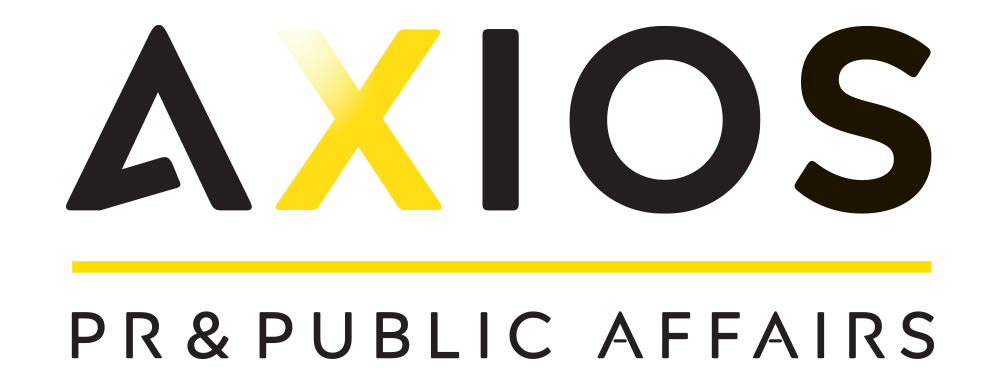Litigation PR - where law and public perception converge
With news spreading widely at the speed of a click and public opinion holding unprecedented influence, lawyers and legal teams must not only navigate courtrooms but also the nuanced and shaky terrain of public perception.
Through media and social media, litigation can rapidly become a public affair and legal strategies can be influenced – positively or negatively – as much by public sentiment as by legal rules.
Beyond legal briefs
The challenges faced by legal professionals extend far beyond meticulously crafted arguments and precise legal language. They must also understand and apply strategic communication, crafting compelling narratives that resonate with a diverse range of stakeholders to protect the clients' interests and influence outcomes. In other words, it is essential to translate legal language into commonly understood terms.
Trust – a strong currency
The value of a positive public perception cannot be overstated. A well-managed reputation is no longer a mere asset: it is a strategic capital that requires protection. As legal battles spill into the public domain, stakeholders – including clients, employees, suppliers, authorities, civil society organizations – hold the power to influence legal outcomes. Trust, developed through effective communication, becomes a critical factor in achieving legal success.
The power of influence
The alignment between legal and PR strategies is essential. Strategic communication shapes a cohesive narrative that, if handled rightly, will support the legal objectives. To this end, proactive reputation management enables legal professionals to identify and address potential risks before they escalate.
Experienced communication professionals contribute with their unique skill sets to understanding and influencing stakeholder perceptions, whether in a confidential setting or under public scrutiny. Internationally, litigation communications is a well-established discipline, championed by members of organizations such as The Crisis and Litigation Communicators Alliance, a global network of owner-managed PR firms who specialise in litigation and crisis PR.
Communication – just a "nice to have"?
While legal expertise forms the backbone of any successful legal strategy, there are pivotal moments where public relations (PR) know-how is not just beneficial but strategically essential: identifying them can be a game-changer.
Here are some considerations of why engaging experienced litigation communication professionals is not just a "nice to have" but essential:
High-profile cases
In situations where legal proceedings garner significant public attention, the ability to shape narratives, engage media and shape public perception can significantly impact the trajectory of the case.
Crisis management and reputational risks
Legal issues may affect a client's reputation negatively, potentially escalating into an operational crisis. A proactive communication approach is required to safeguard and, if needed, restore the client's public perception.
Strategic planning
Planning communication alongside the legal strategy enables preemptive engagement, addressing potential issues before escalation and ensuring seamless alignment. Thinking in scenarios is key, from the onset of the case and beyond the verdict.
Media and stakeholder management
An external expert perspective is crucial to effectively communicate with media and stakeholders in high-stakes situations. This ensures a comprehensive risk assessment and adept management of the 24/7 media landscape, when legal and client teams may be deeply immersed in the case's intricacies.
In sectors where maintaining brand loyalty, employer branding, and winning market share hinges on public perception and trust, effective communication is crucial. Whether intricately crafting public narratives in environmental cases or adeptly managing crisis communication in pharmaceutical disputes, communication plays a vital role.
